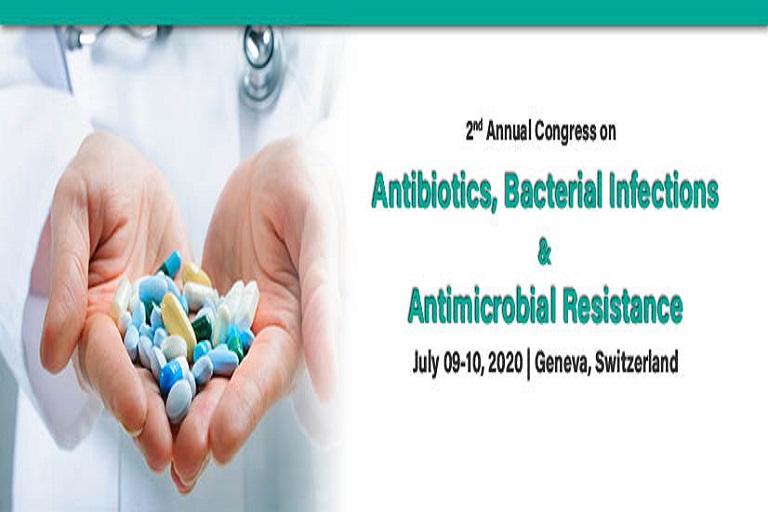At first sight it might not look like it, but running a clinic or a healthcare institution in general is very complicated in nature and can indeed be a real logistical nightmare. The reason for this is that a single patient requires care and attention of several different staff including primary care physician, administrative staff, pharmacists, transportation staff, laboratory staff and many others. If you keep in mind that each staff needs to cater to a number of patients during a day, it becomes clear why it is such a challenge to have a clinic that provides excellent quality of care but also maintains efficiency and profitability. The latest trends in healthcare industry seem to provide the way to achieving these goals. Clinics are looking to streamline, measure and standardize their operations by adopting practices found in other business sectors. In fact, manufacturing industry first went through the same type of metamorphosis, followed by telecommunications and retail banking so it is not surprise that proven industry practices are finding the application in healthcare industry as well. Here, we list four main things that prove why clinics should indeed be treated as a business:
Better quality of care
Over the last decade, it has been shown that implementation of business practices such as Six Sigma leads to the higher quality of patient care. In practice, this means that clinics are better at preventing infections and medication errors. Furthermore, enhancements in information management through usage of wireless technologies improve data management, increase staff utilization as well as location and equipment availability. This way clinics are able to produce more accurate diagnosis and reduce waiting time for patients. Another large benefit is decreased nurse turnover ratio which is directly linked to increased quality of health care.
Improved efficiency
The old adage “what doesn’t get measured, doesn’t get managed” explains why techniques that worked for GM and Ford in 1980s are proving successful again. They are able to increase productivity and cut the cost at the same time. Also, IT implementation is very useful as it helps to redesign and automate existing paper-driven processes. Quick image availability minimizes time spent on searching for patients’ medical records, increases expediency of diagnosis and improves cross-departmental communication.
Increased profitability
For clinic administrators to commit large sum of funds to invest into an expensive technology such as PACS systems, they need to be convinced of its cost-effectiveness and the long term savings they can obtain in the future. In USA alone, preventable errors cost healthcare industry more than $9 billion. For example, every serious infection is estimated to cost $35,000 so annual savings for clinics can be huge. Additionally, most clinics and hospitals are able to increase number of patients by 20% through greater efficiency. These savings and increased revenues ultimately lead to a boost in the bottom line.
Better teamwork and cooperation
Large portion of medicine is done in teams, but so far the training for medical professionals has focused primarily on a doctor as individual care-giver. Recently, healthcare organizations have started noticing this gap and they seek to measure and improve the team performance similar to other businesses. This is especially relevant in intensive medical situations such as surgeries and other types of emergencies. In fact, the studies show that as staff learns to perform more effectively in teams, number of infections and deaths can be cut by more than a third. Running a clinic will never be easy, especially given some of the challenges already outlined. The good news is that clinic administrators have a number of options they can consider in order to improve both quality of its service as well as efficiency of their operations.




































